\ is the escape character in Python string literals.
For example if you want to put a tab character in a string you would do:
>>> print("foo \t bar")
foo bar
If you want to put a literal \ in a string you have to use \\:
>>> print("foo \\ bar")
foo \ bar
Or use a "raw string":
>>> print(r"foo \ bar")
foo \ bar
You can't just go putting backslashes in string literals whenever you want one. A backslash isn't valid when not followed by one of the valid escape sequences, and newer versions of Python print a deprecation warning. For example \A isn't an escape sequence:
$ python3.6 -Wd -c '"\A"'
<string>:1: DeprecationWarning: invalid escape sequence \A
If your backslash sequence does accidentally match one of Python's escape sequences, but you didn't mean it to, that's even worse.
So you should always use raw strings or \\.
It's important to remember that a string literal is still a string literal even if that string is intended to be used as a regular expression. Python's regular expression syntax supports lots of special sequences that begin with \. For example \A matches the start of a string. But \A is not valid in a Python string literal! This is invalid:
my_regex = "\Afoo"
Instead you should do this:
my_regex = r"\Afoo"
Docstrings are another one to remember: docstrings are string literals too, and invalid \ sequences are invalid in docstrings too! Use raw strings (r"""...""") for docstrings if they contain \'s.

